
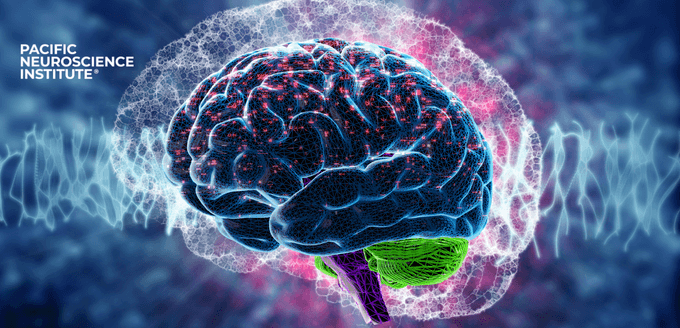
PNI Publishes First-Ever Paper on Psychedelics in Neurosurgery and Neuro-oncology Literature
by PNI Experts
After a decades-long pause, psychedelics are once again being investigated for their transdiagnostic treatment potential. Discover the future of psychedelics in neurosurgery and neuro-oncology with experts from Pacific Neuroscience Institute ® (PNI).
Our team at Pacific Treatment & Research In Psychedelics (TRIP) Program in Santa Monica, California, is happy to share their recent paper in Neurosurgery: Psychedelic-Assisted Therapy and Psychedelic Science: A Review and Perspective on Opportunities in Neurosurgery and Neuro-Oncology. This is the first such article published in the neurosurgery and neuro-oncology literature to raise awareness of potential applications in neurosurgery and neuro-oncology patients and encourage collaboration across the neurosciences.
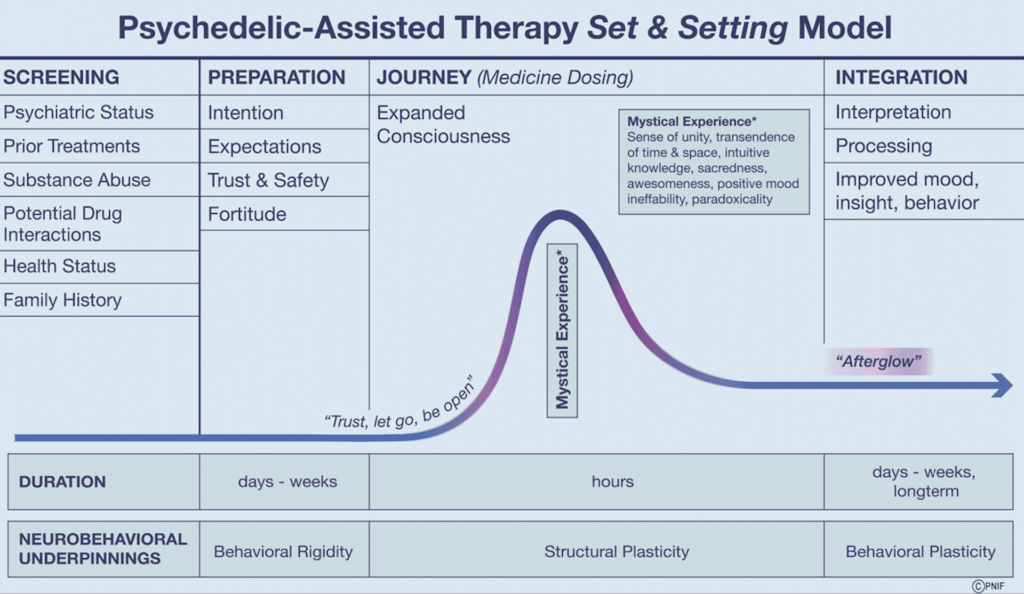
Although aimed primarily at neurosurgeons, neuro-oncologists, and related healthcare providers, the review offers a broad overview for anyone interested in the history and current state of psychedelic science and psychedelic-assisted therapy clinical trials with psilocybin, LSD and MDMA (all currently DEA Schedule 1 drugs). It also stresses the importance of the Set & Setting model of psychedelic-assisted therapy, the critical role of psychedelic guides, safety and ethical issues, mechanisms of action, and discusses the off-label use of ketamine-assisted therapy for mental distress.
With a seemingly ever-deepening mental health crisis, this timely review emphasizes the transdiagnostic potential of psychedelics and suggests novel research and clinical trial opportunities with psychedelic-based therapies that could ultimately enhance neurosurgery and neuro-oncology care paradigms and broadly benefit the fields of behavioral health.
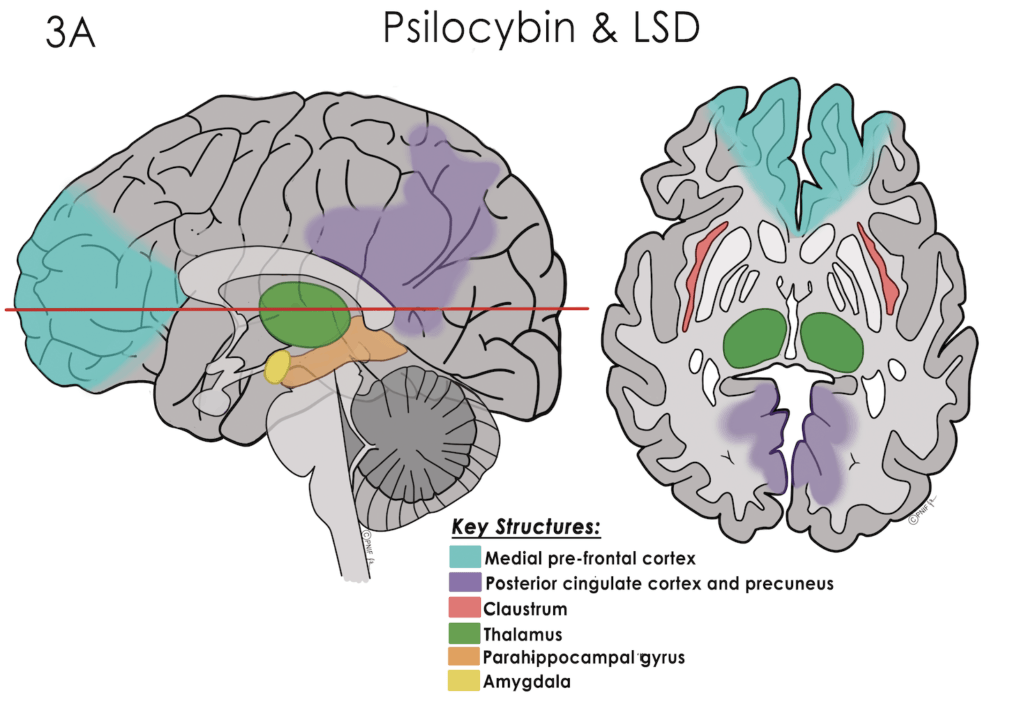
First author and Pacific Neuroscience Institute Director, Daniel Kelly, MD, says: “Our intent with this paper was to help educate neurosurgeons, neuro-oncologists and others in the neurosciences and mental health fields about psychedelics and to encourage thinking broadly, creatively and collaboratively about the healing potential of these still mysterious medicines for both the mind and the brain.”
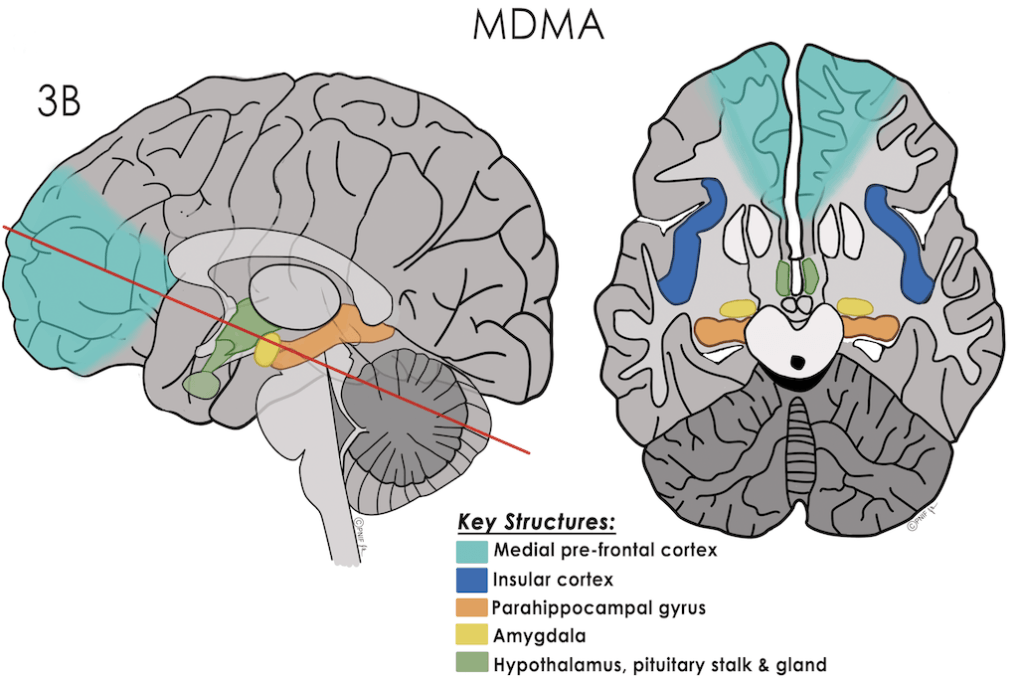
In addition to the promise of psychedelics potentially alleviating depression, anxiety, existential crisis of terminal or serious illness, and addiction, which may occur in many neurosurgery and neuro-oncology patients, the paper also highlights the neuroplastogenic properties of psychedelics given that they may be leveraged in novel ways to treat other disorders within the scope of neurosurgical care. These include chronic pain syndromes (such as chronic low back pain and trigeminal neuralgia), traumatic brain injury, stroke, ruminative disorders, such as anorexia and obsessive-compulsive disorder, and neurodegenerative syndromes such as Alzheimer’s disease and Parkinson’s disease.
TRIP Program Director, and co-author Keith Heinzerling, MD, says: “As we emphasize in our paper, psychedelic-assisted therapy may offer a paradigm shift for mental health ailments, but much more work needs to be done. Our recent and current trials with psilocybin and related medicines are focused on depression, anxiety and addiction, disorders for which currently available treatments are woefully inadequate and often have significant side-effects. We feel extremely fortunate to be conducting these trials at TRIP and to be part of this ongoing resurgence which has the potential to help so many people.”
More information:
Ketamine Treatment: 310-582-7612 | Clinical Trials: 310-582-7611
About Dr. Daniel F. Kelly

Daniel F. Kelly, MD, a board-certified neurosurgeon, is the Director and one of the founders of the Pacific Neuroscience Institute, Director of the Pacific Brain Tumor Center and Pacific Pituitary Disorders Center, and is Professor of Neurosurgery at Saint John’s Cancer Institute at Providence Saint John’s Health Center. Considered to be one of the top neurosurgeons in the US, he has been awarded the Southern California SuperDoctors distinction 15 years in a row.
About Dr. Keith Heinzerling

Keith Heinzerling, MD, practices internal medicine and is an addiction medicine specialist at the Pacific Brain Health Center, Pacific Neuroscience Institute. His clinical and research focuses are on the treatment of alcohol, drug and substance use problems, with anti-addiction medications. As director of Treatment & Research In Psychedelics (TRIP), he is involved in the development of psychedelic-assisted therapies for those suffering with addiction, depression, anxiety, and PTSD.
Useful Links
- Treatment & Research In Psychedelics (TRIP)
- Anxiety Research Study
- Ketamine Assisted Therapy Program
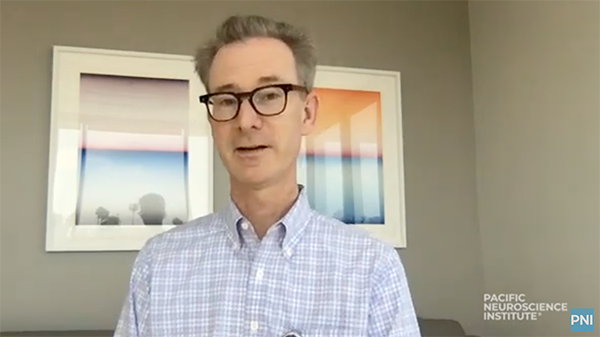 Psychedelic-Assisted Therapy with Ketamine at PNI
Using ketamine in a psychedelic-assisted approach, we treat people 16 years and older who are treatment-resistant or who wish to effectively tackle deep-rooted, unresolved trauma that has not been adequately…
Psychedelic-Assisted Therapy with Ketamine at PNI
Using ketamine in a psychedelic-assisted approach, we treat people 16 years and older who are treatment-resistant or who wish to effectively tackle deep-rooted, unresolved trauma that has not been adequately…
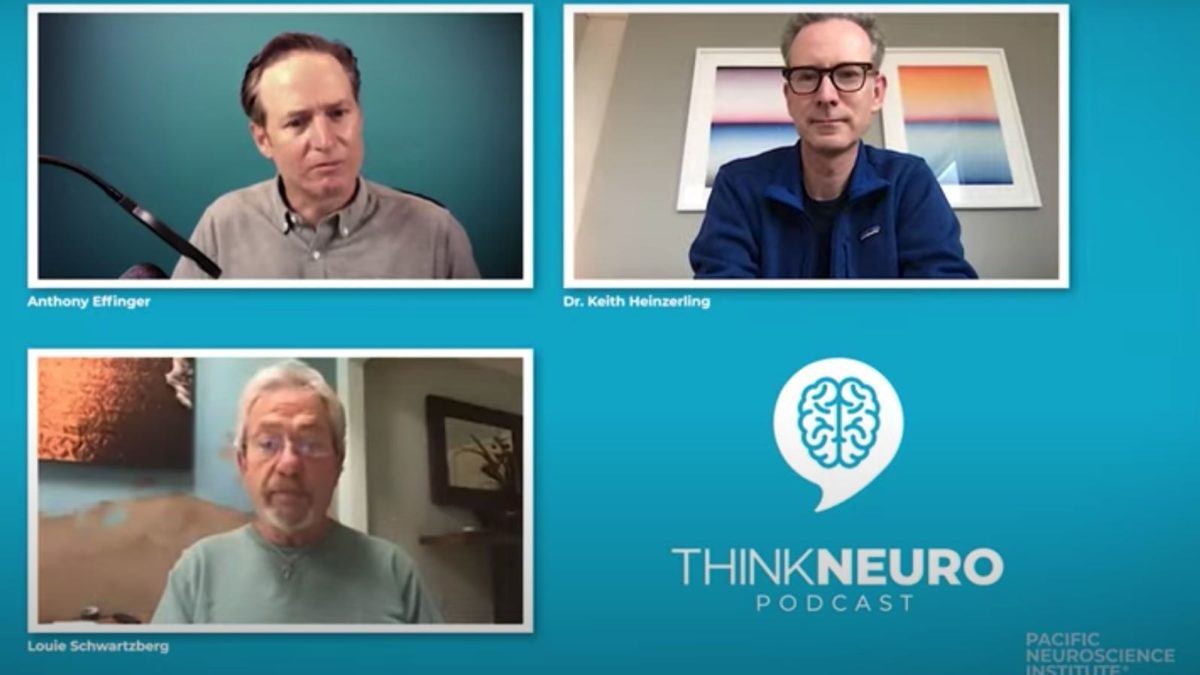 Think Neuro Podcast: The Promise of Psychedelics | Dr. Keith Heinzerling & Louie Schwartzberg
Addiction and depression are two of the most widespread conditions in all of medicine. After decades of research, doctors are still looking for alternatives for when medication and cognitive training…
Think Neuro Podcast: The Promise of Psychedelics | Dr. Keith Heinzerling & Louie Schwartzberg
Addiction and depression are two of the most widespread conditions in all of medicine. After decades of research, doctors are still looking for alternatives for when medication and cognitive training…
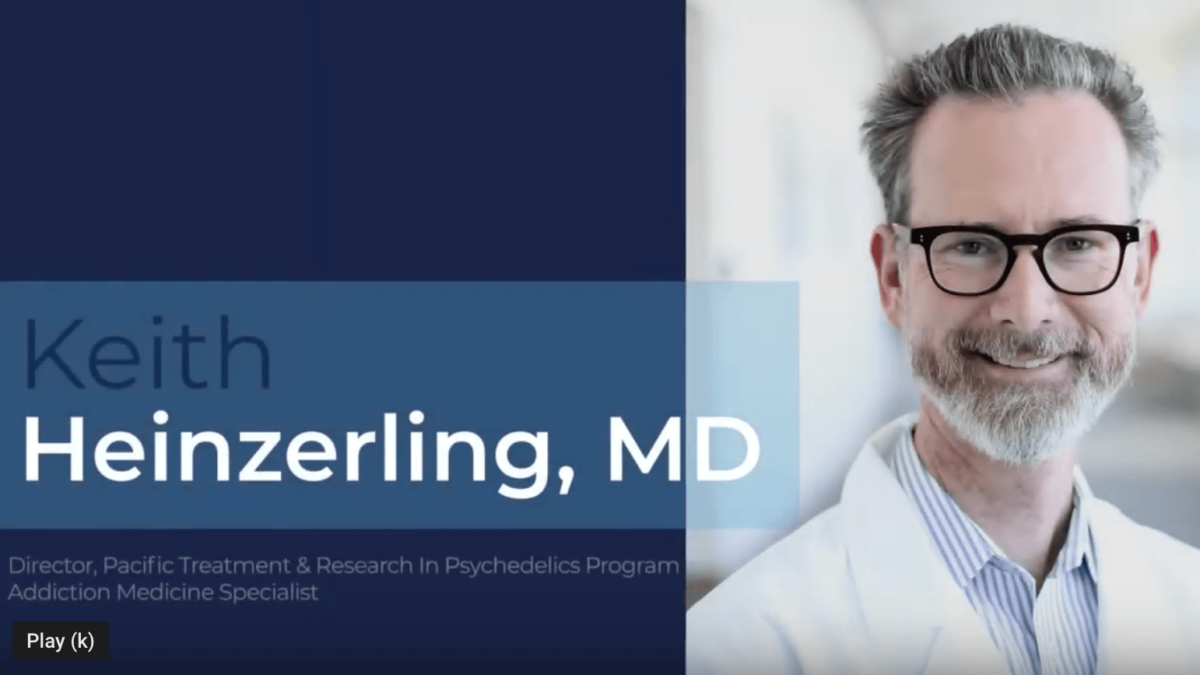 Meet Dr. Heinzerling
Dr. Heinzerling is the Director, Pacific Treatment & Research In Psychedelics Program; Internal Medicine – Addiction Medicine, Brain Health Center. He practices internal medicine and is an addiction medicine specialist…
Meet Dr. Heinzerling
Dr. Heinzerling is the Director, Pacific Treatment & Research In Psychedelics Program; Internal Medicine – Addiction Medicine, Brain Health Center. He practices internal medicine and is an addiction medicine specialist…
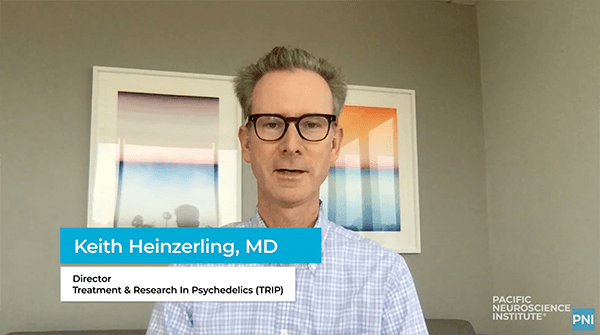 Psychedelic-Assisted Therapy at Pacific Neuroscience Institute
Dr. Keith Heinzerling is an addiction medicine specialist and Director of Treatment & Research In Psychedelics (TRIP) at Pacific Neuroscience Institute in Santa Monica, CA. Learn about how psychedelic-assisted therapy…
Psychedelic-Assisted Therapy at Pacific Neuroscience Institute
Dr. Keith Heinzerling is an addiction medicine specialist and Director of Treatment & Research In Psychedelics (TRIP) at Pacific Neuroscience Institute in Santa Monica, CA. Learn about how psychedelic-assisted therapy…

Psychedelic-Assisted Therapy with Ketamine at PNI
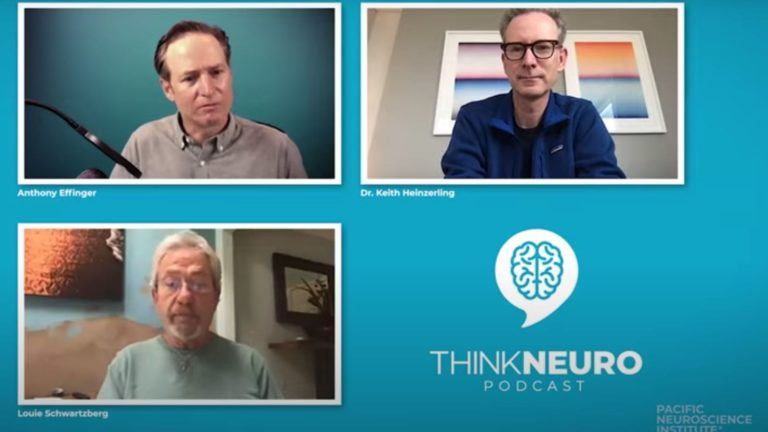
The Promise of Psychedelics | Dr. Keith Heinzerling & Louie Schwartzberg
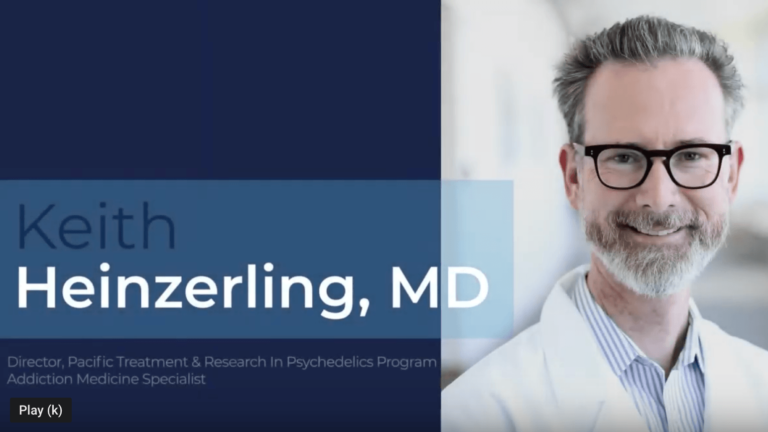
Meet Dr. Heinzerling

Psychedelic-Assisted Therapy at Pacific Neuroscience Institute
About the Author
PNI Experts
Last updated: April 4th, 2024
